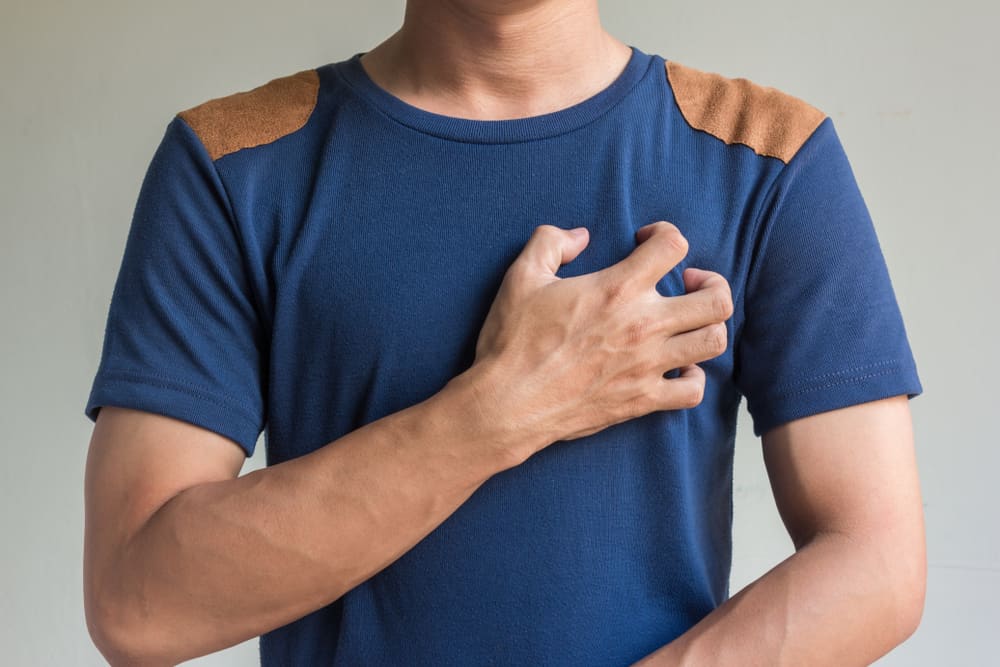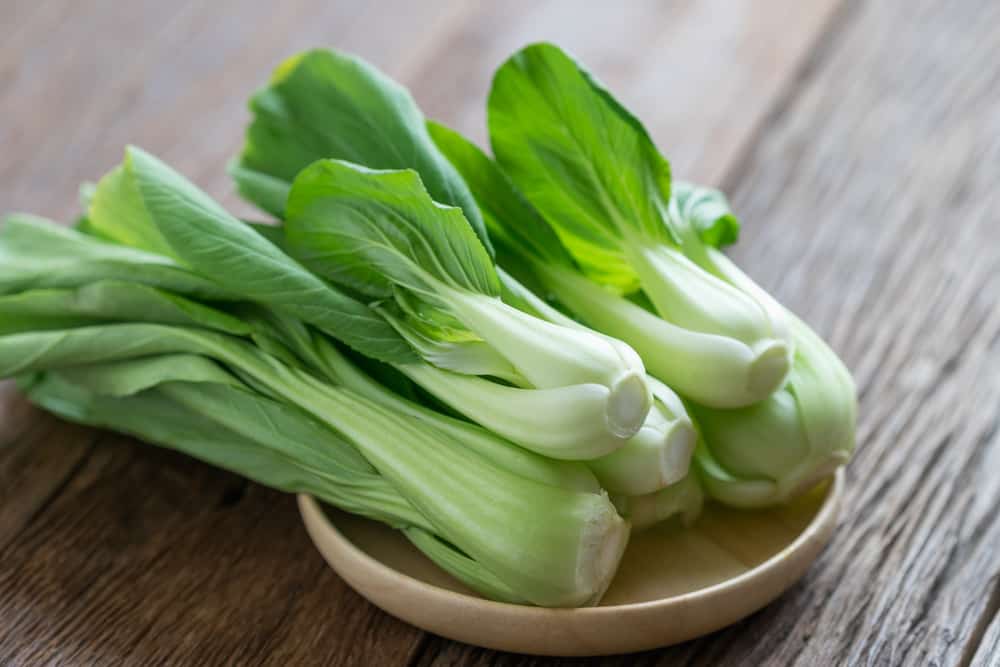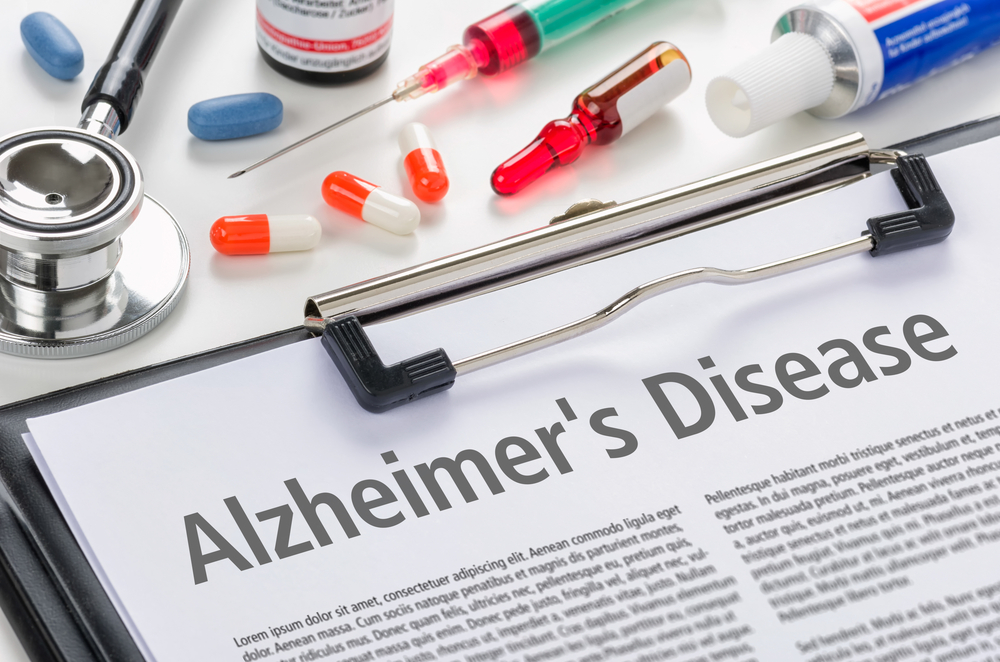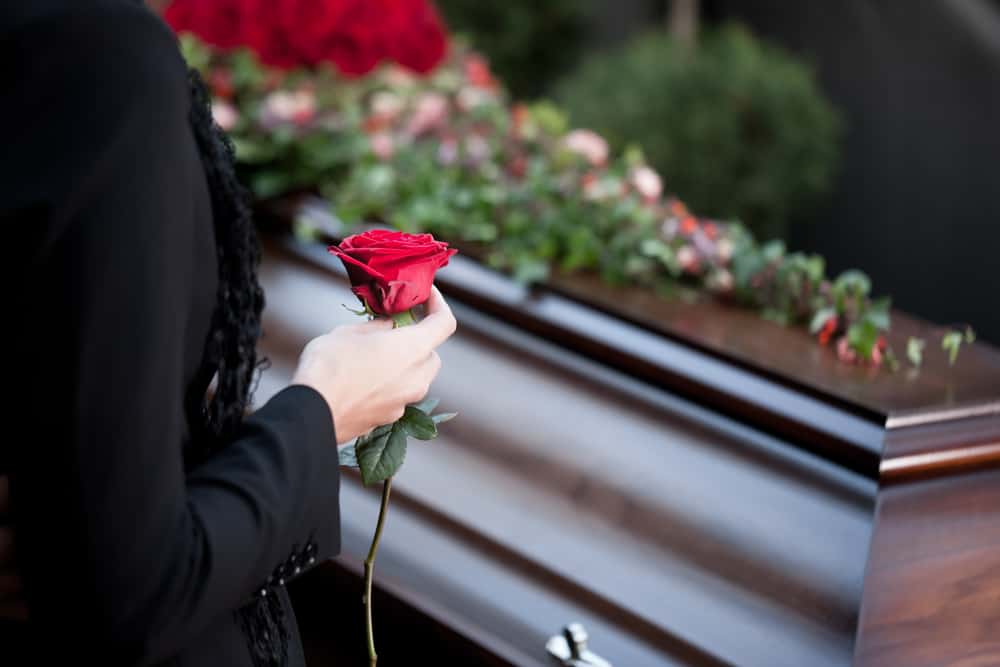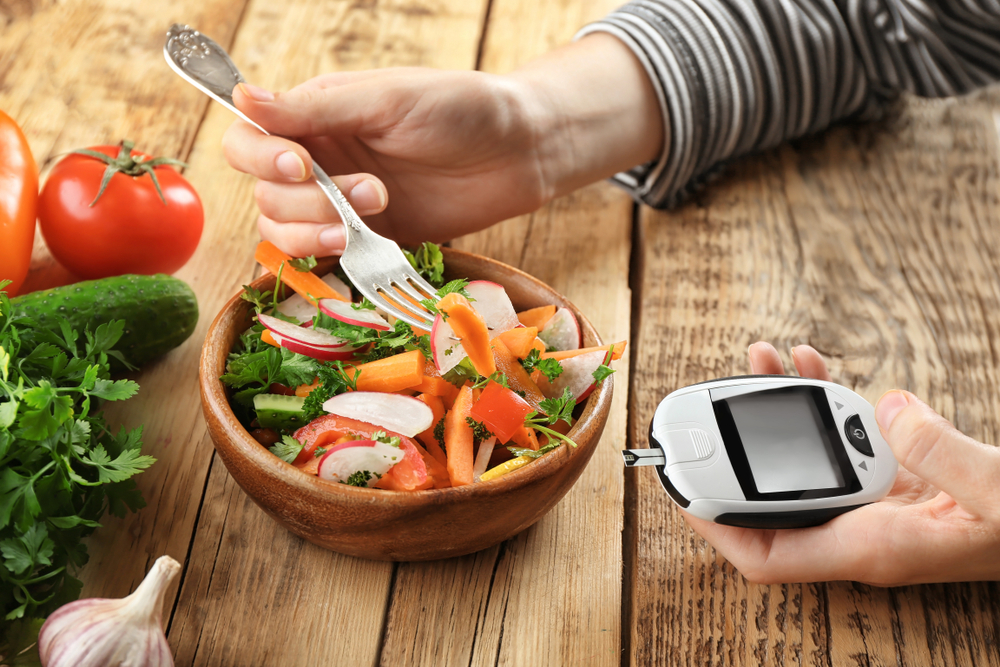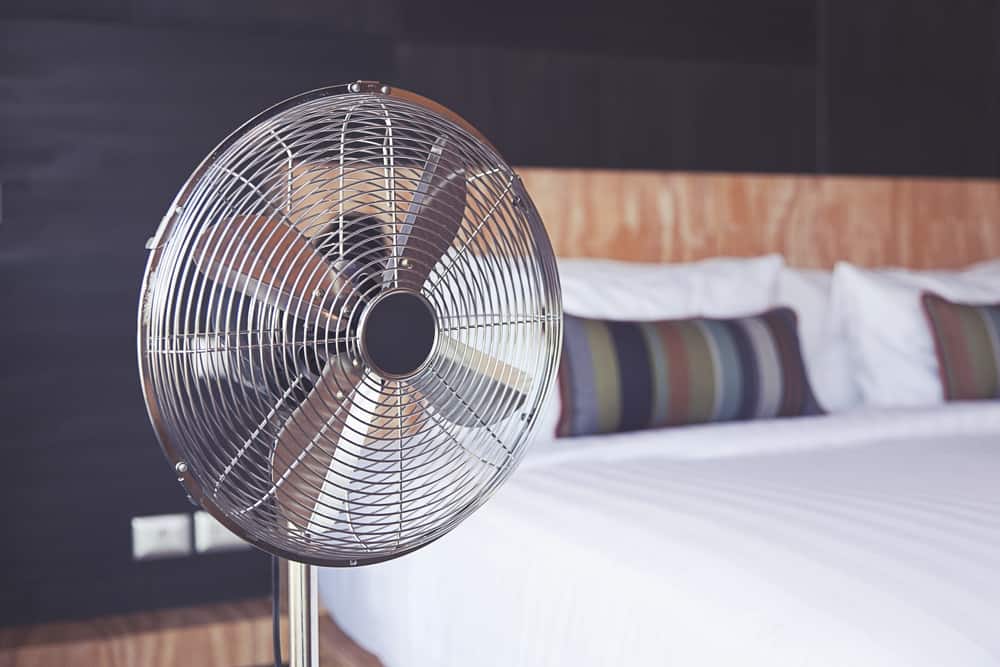Contents:
Medical Video: What Will Happen If You Eat Nothing for 7 Days
Humans can survive for three minutes without air. In a very extreme environment, for example you are trapped in the middle of nowhere in the Everest mountains during a snow storm, you have three hours to survive without shelter. Then, how long can humans survive if they don't eat and drink at all?
The duration of life without food is strongly influenced by a number of factors such as weight, genetic variation, other health considerations and most importantly, the presence or absence of dehydration. At the age of 74 and a little full body, Mahatma Gandhi was able to survive for 21 days in a total hunger strike (but drank a few sips of water) as a protest for the sake of Indian independence. Other documented hunger strikes in world history record survival rates ranging from 46 hours to 70 days.
Although many factors are present in determining how long humans can live without eating, our bodies go through certain metabolic processes that help us to save energy when food is not available within range. Basically, the body buys time to look for nutrients. This is the chronology.
What happens to the body when you don't eat and drink at all
6 hours after last meal
This happens almost every day with most people. We eat, and then usually there is a pause of a few hours before we eat again.
After eating, the body digests food to produce glucose - the main energy source and is absorbed into the bloodstream. After 6 hours of walking not eating and drinking, we will start the body will begin to break down the body's fat reserves to convert it to glucose and spread to cells and tissues through the bloodstream. About 25% of the energy produced is used only for your brain, and the rest is for muscles and red blood cells. Your body's glucose reserves can provide you with energy for 24-48 hours. At this stage, the brain's cognitive function will begin to decrease as you increase the duration of your activities without eating and drinking.
READ ALSO: 'Hangry ’: Why You're Easily Angry at Hunger
3 days did not eat at all
After 3 days without food, fat deposits are lost but the brain still needs glucose to function. Not only will you hangry all the time, but your body will also enter the ketosis stage. When the body does not have enough glucose from food to be processed into energy, the fat will be burned - which is then broken down into fatty acids. However, your brain cannot function only from these fatty acids as an energy source, so this in turn normal brain function will be disrupted.
At this stage, you will begin to have double vision and hallucinations. In order to keep "burning", the brain will continue to use the remaining glucose stores in your body until the last drop, especially in the liver. This will provide about 30 percent of the energy for the brain. This is an important body adjustment response during starvation.
After 3 days, you will need water to survive or this is your last day in the world.
Not eating more than three days
On the fourth day, your brain will get almost 70 percent of the energy from the ketosis process. After 3 days, the reserve fuel in the liver will be drained. With only water to survive, our body basically eats itself - known as autophagy.
Autophagy is a process of breaking down protein in the body that will be used as fuel for all body systems. Protein that is broken down comes from the destruction of muscle tissue, which is one of the body's tissues that contains the most protein. Interestingly, the body loses the most protein in the first 72 hours before the process slows down again in order to preserve the last energy supply. However, even though your brain will be able to survive only from eating body protein, your muscles will slowly disappear.
READ ALSO: The Importance of Mindful Eating, Eating with Full Awareness
After 3 weeks do not eat
After 3 weeks of not eating, the body continues to look for protein sources to be converted into fuel. After the muscle is gone, the only remaining source of energy is the body's tissues and organs as the second largest store of protein in the body. By breaking down tissue proteins and organs, you may last up to three weeks or even 70 days, depending on whether you stay hydrated or still have plenty of fat reserves to use as energy.
However, at some point, your immune system will start to die due to a lack of vitamins and minerals. Without a supply of vitamins or minerals, along with the "death" of the immune system, bodily functions are "unnecessary", such as menstruation and libido will also stop completely.
READ ALSO: 5 Vitamins You Need for a Healthy Heart
Usually, two diseases can occur in the late stages of hunger: marasmus and kwashiorkor. Marasmus is a severe form of malnutrition and energy deficiency, characterized by loss of muscle mass and edema, or flatulence. Kwashiorkor is the most common form of malnutrition in developing countries, caused by the lack of adequate protein intake and is also characterized by fatigue, edema, and decreased muscle mass.
If with a miracle you don't get sick from extreme hunger, your body will slowly fall into a vegetative state - its biological function as a human is still working well, but your brain is generally not functioning anymore - which is then followed by death.
No, this does not mean you have to try to prove it.


